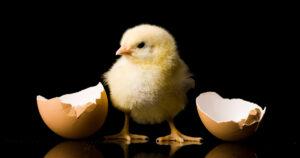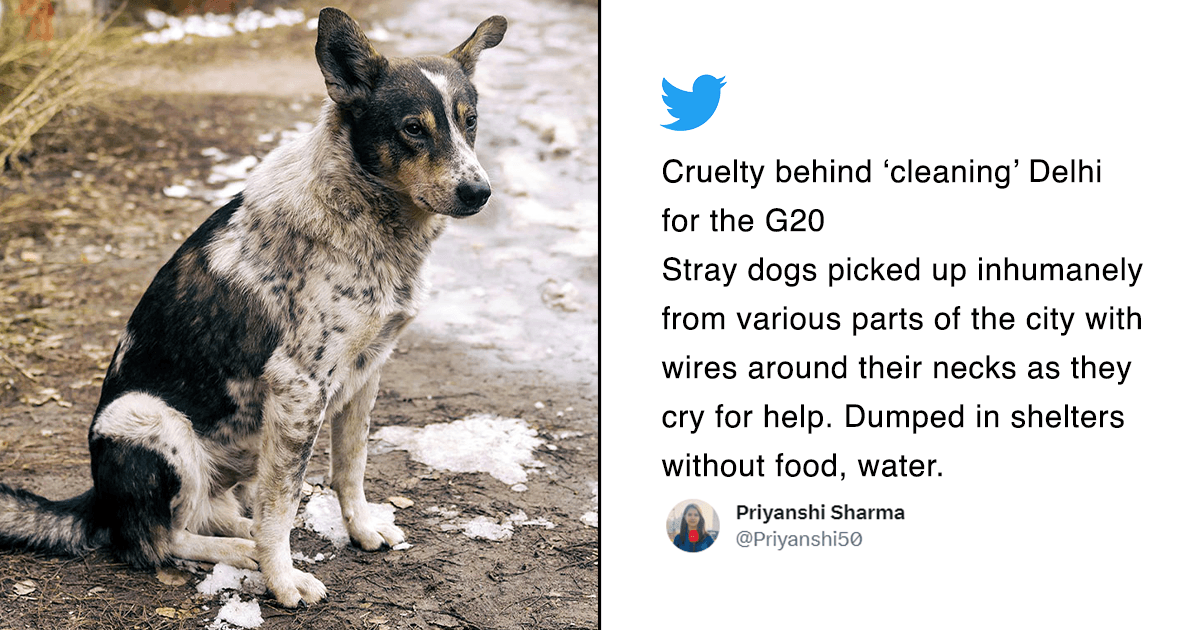Back in 1957, when the ‘space race’ between the Soviet Union and USA was getting competitive, a poor soul ended up losing her life.
November 7, 1957, the day which marked the 40th year anniversary of the Bolshevik Revolution was marked for another Soviet launch and Khrushchev wanted it to be a ‘space’ milestone to prove the Soviet’s power to the world.
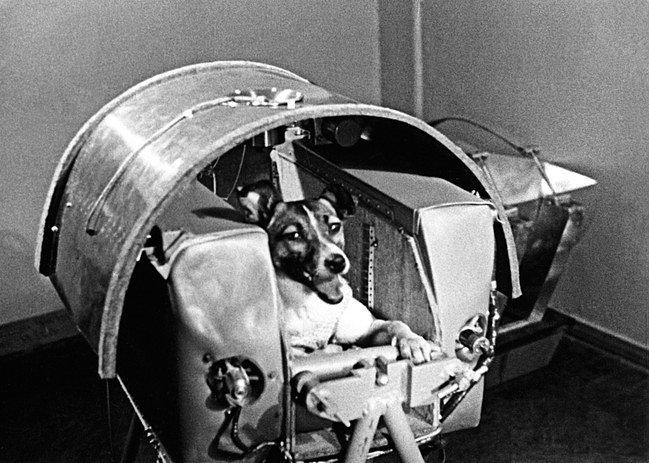
Laika wasn’t the first dog to be sent into space. Both the USA and the Soviet Union had earlier sent dogs into sub-orbital flight.
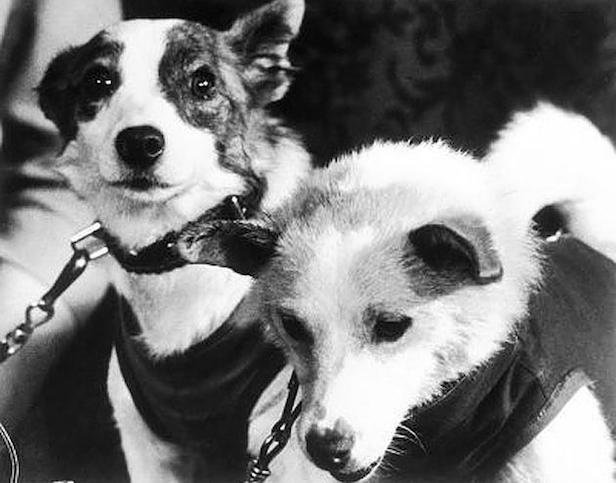
The dogs were put through a series of gruesome training before the Sputnik 2 launch. They were locked up in extremely small cages to prepare them for the confinement they would have to go through in the space ship. They were also made to eat a special gel which was high in nutrition that was supposed to be their only form of food in space.
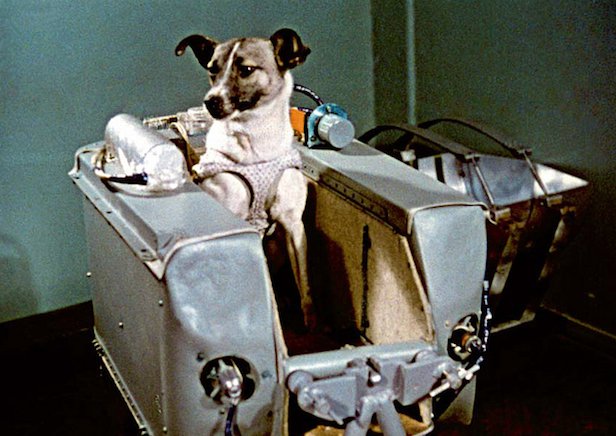
The dogs were also fitted with cables so that the scientists could monitor their heart rate, blood pressure and respiration.
Apart from the public who were constantly lied to about the whole experiment, everyone involved were already aware of the fact that Laika would not survive since the technology to de-orbit hadn’t been developed yet.
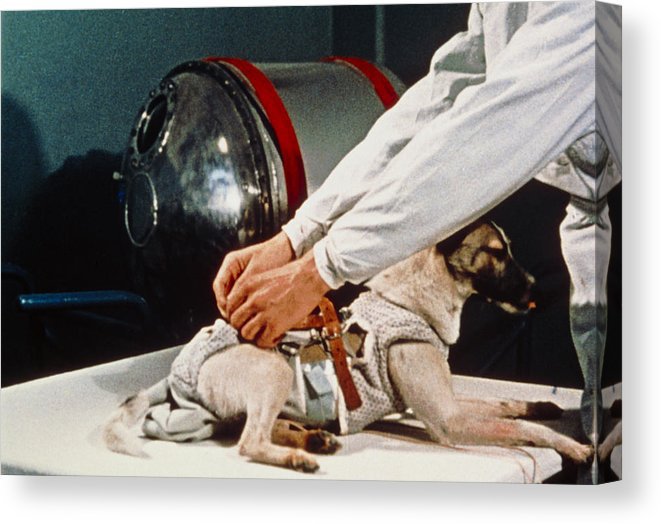
On 31st October 1957, Laika was placed in the space ship with harness and chains to restrain her. Early hours of November 3rd 1957 saw the launch of Sputnik 2 and everyone bid their final goodbye to Laika who would never return.
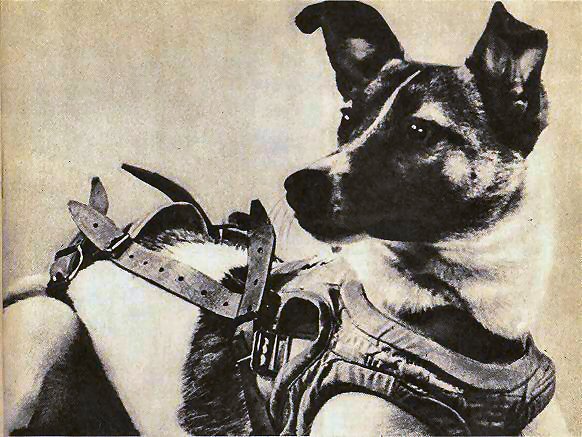
The core of Sputnik 2’s nose cone was supposed to separate but it didn’t which caused the thermal control system to operate properly. This led to the space ship’s temperature to rise to 40 degrees Celsius. Apparently, Laika’s pulse eventually got back to normal but she died alone and in agony in the next five to six hours.
The Soviets eventually admitted that they had never planned on Laika making a return trip and it took them years to admit to the truth.
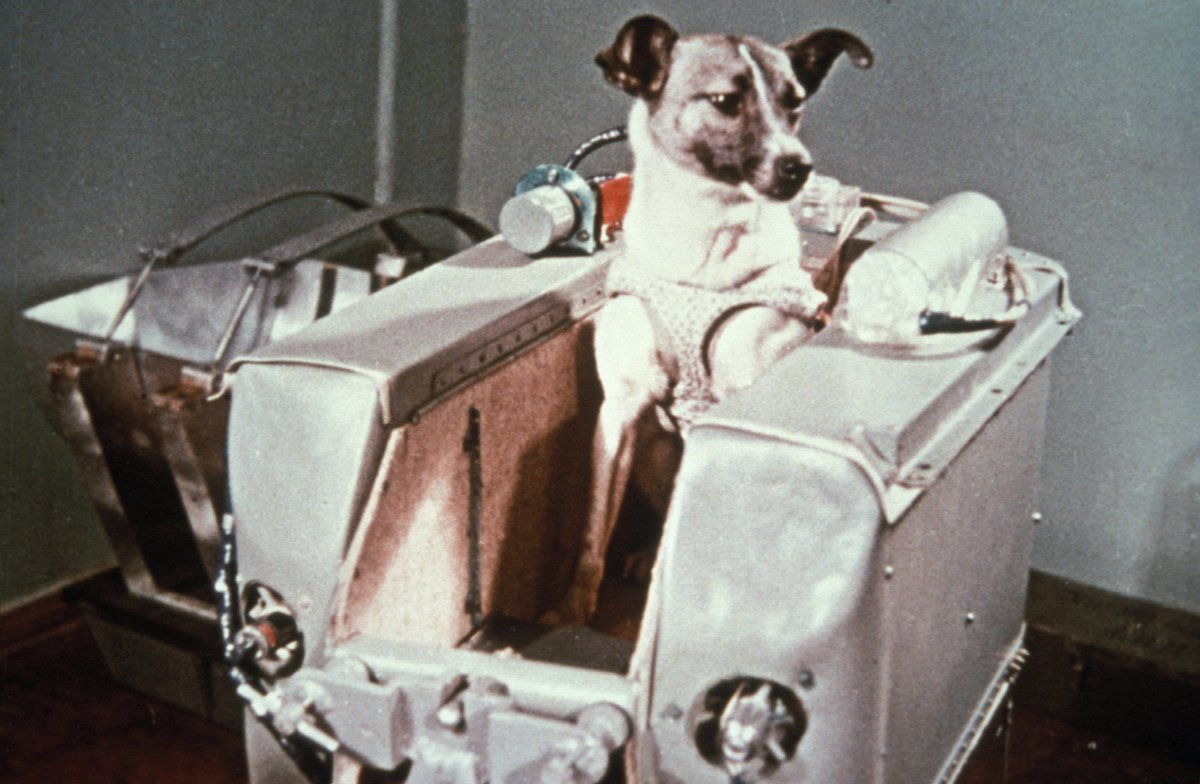
The story of Laika lives on today in websites, YouTube videos, poems and children’s books. Laika has had a huge cultural impact and it has been spread across the years since her death. There is also a “vegan lifestyle and animal rights magazine” called LAIKA Magazine, published in the United States.
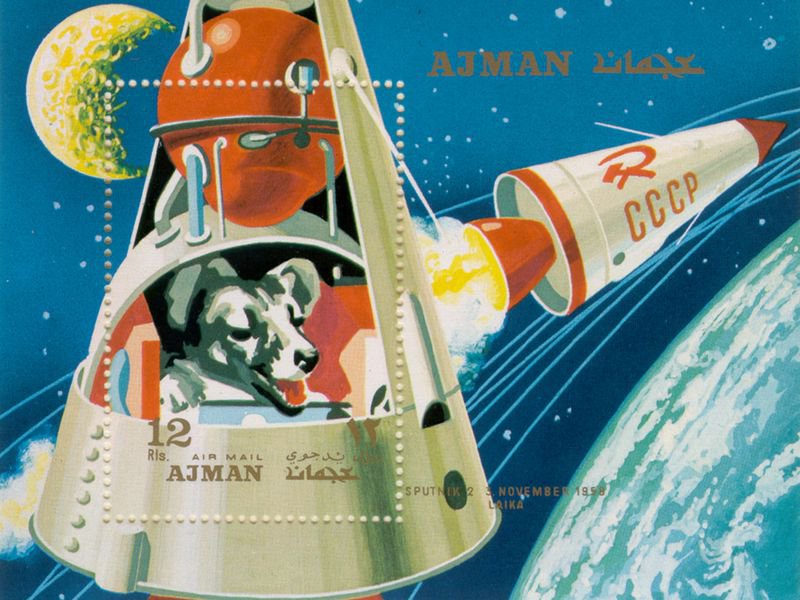
Each year, more than 100 million animals lose their lives in gruesome lab experiments for biology lessons, medical training, curiosity-driven experimentation, and chemical, drug, food, and cosmetics testing.
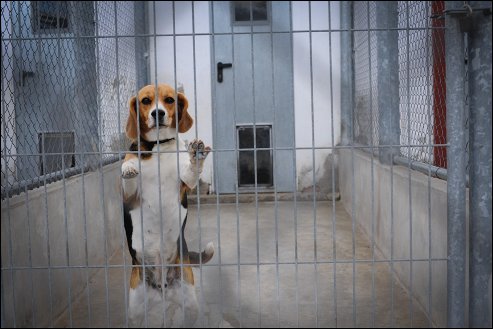
Remembering Laika, now and forever.
H/T: The New Yorker






